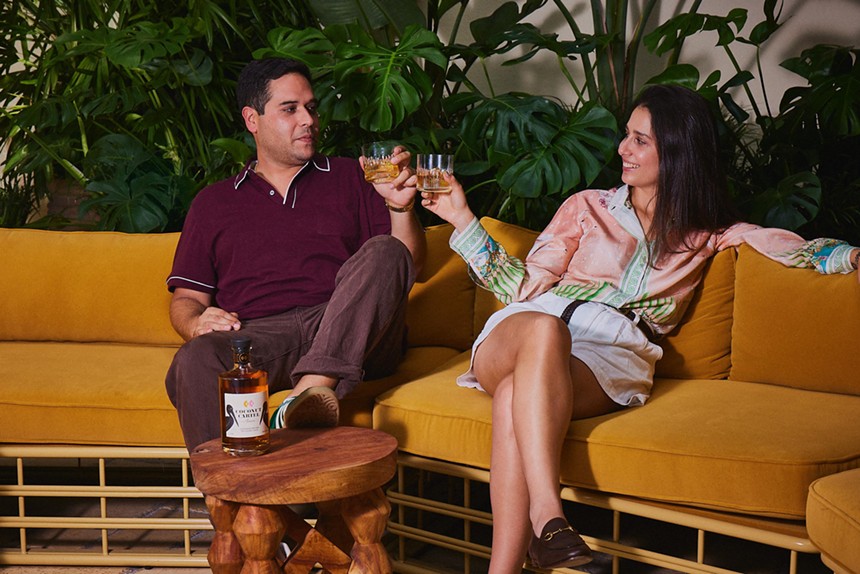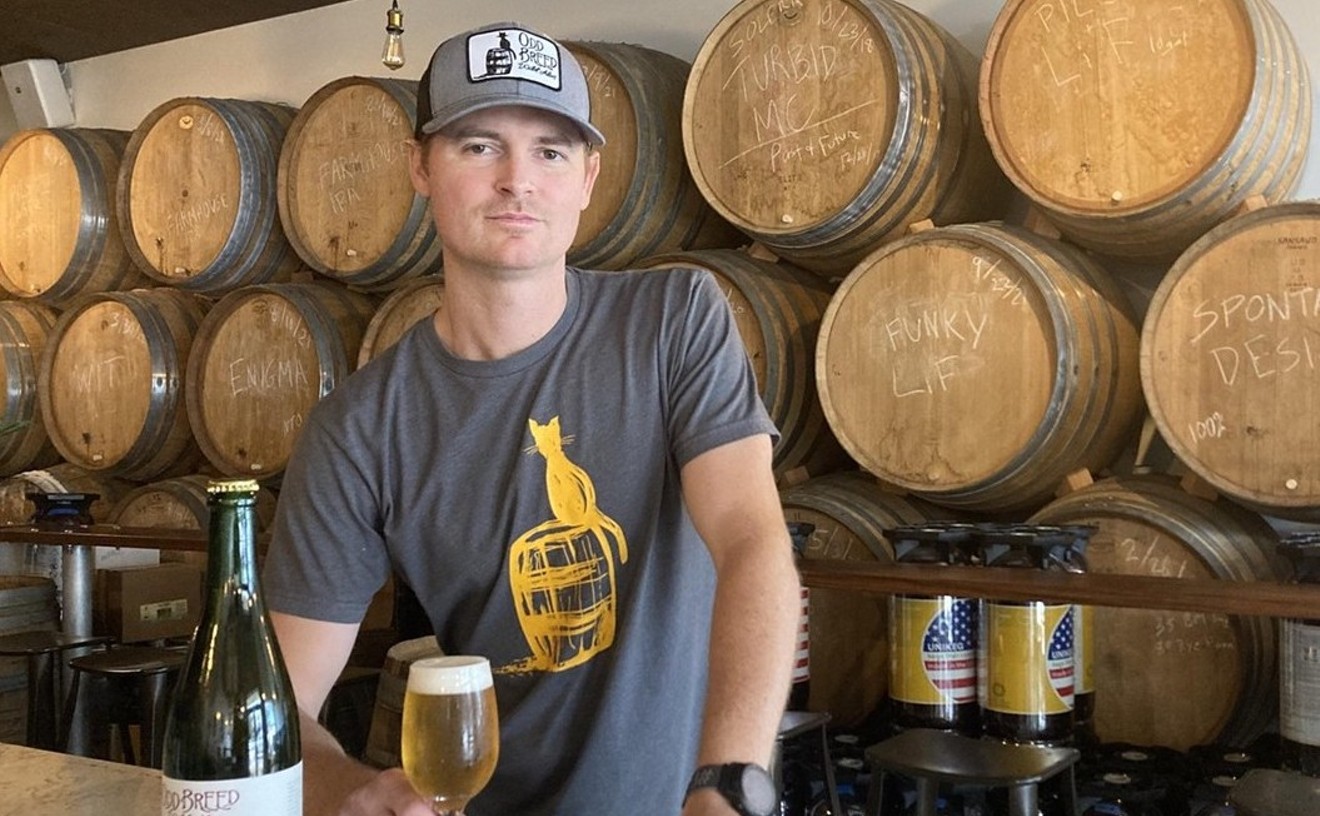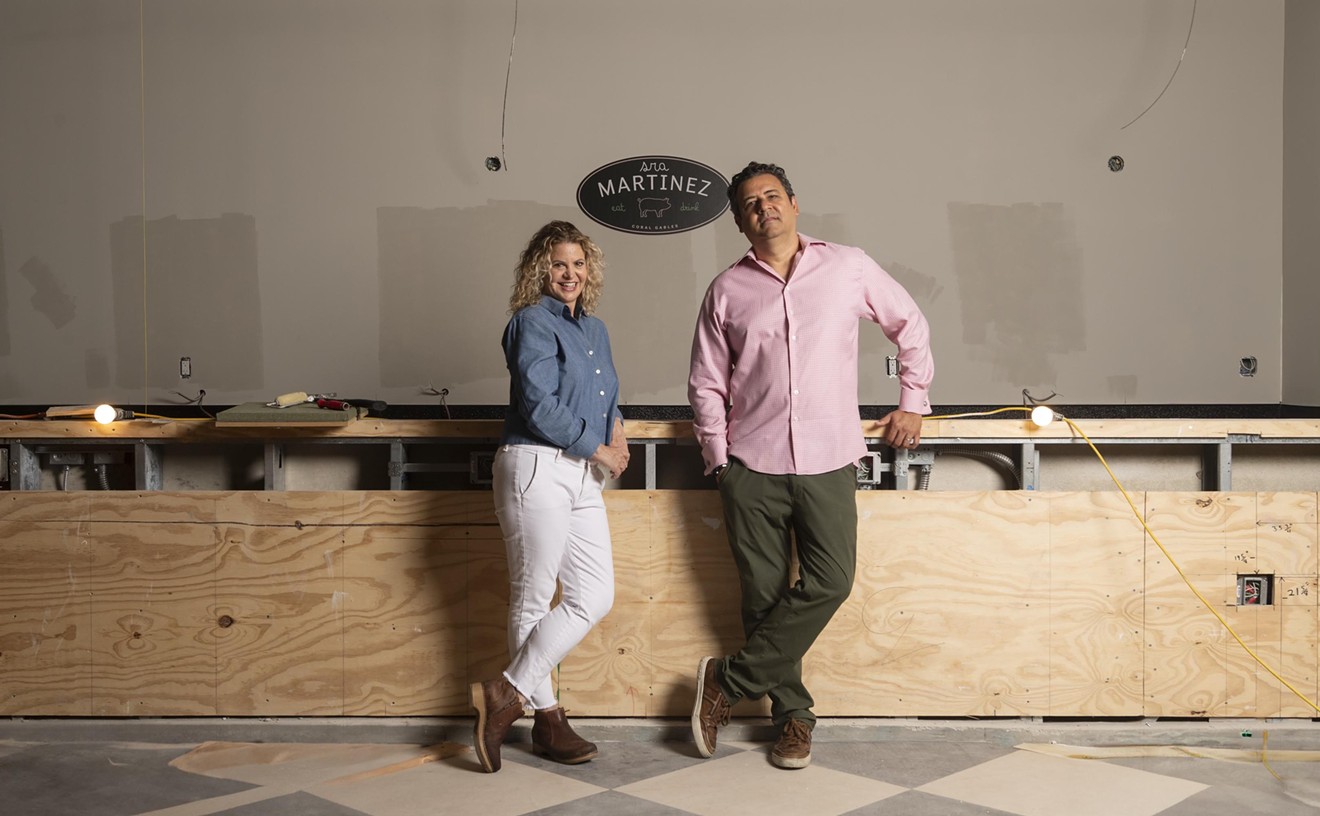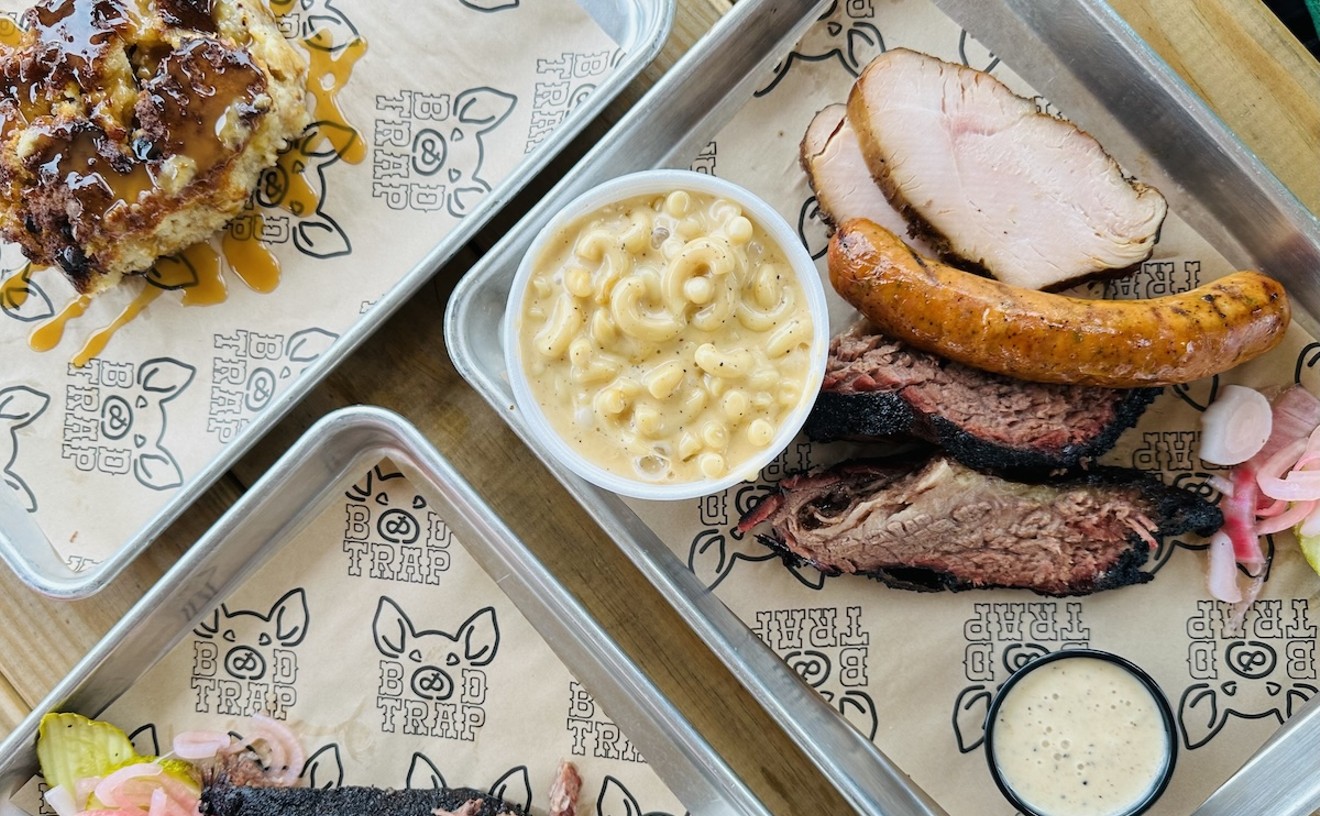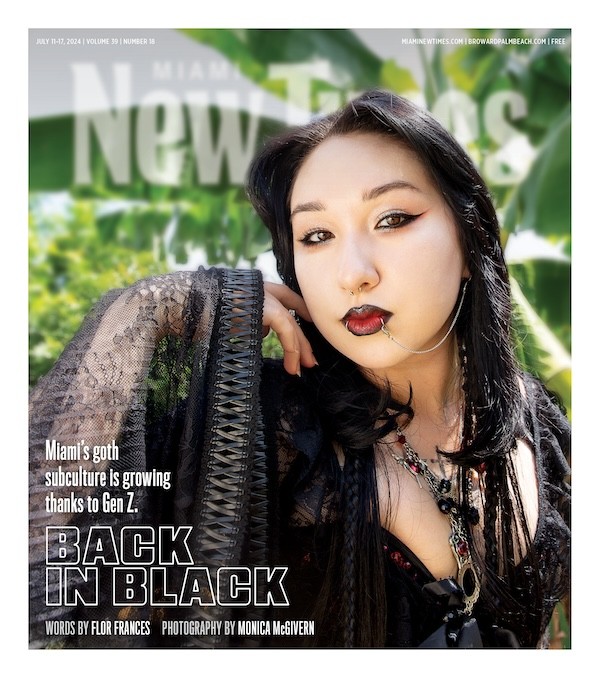In 2012, siblings Dani and Mike Zig saw an opportunity to bring what they considered real coconut water to Miami after noticing an increase in bottled coconut water consumption around town. This inspired them to stuff suitcases with fresh coconuts from El Salvador, bring them to Miami, and sell them to hotels and restaurants across South Florida. "We were born in Miami, but we were raised in Central America," explains Dani. "We lived in El Salvador and Guatemala most of our childhood, and over there, as you're driving, you can buy fresh coconuts on the side of the road. Drinking bottled coconut water here in the United States compared to the one over there was a completely different experience."
As the brand started growing with the demand for their fresh coconuts, the Zig siblings started working with the hotels' beverage directors to make cocktails with the coconuts. Soon, their go-to drink was a rum-based cocktail with coconut, which was inspired by the cocktails their family made with premium aged rums from brands like Zacapa, Flor de Caña, and Santa Teresa.
"We saw that people in the U.S., compared to Latin America, have a different perception of rum," she explains. "While they know rum to be used in super sugary drinks or a frozen strawberry daiquiri, for example, to me, it was a top-shelf spirit, the fancy stuff my parents were drinking growing up."
The siblings also realized premium, aged rum had a competitor — tequila.
Tequila went from a late-night shot in the club to what she calls a "lifestyle drink," with more awareness of tequila tastings and modern brands making the market current. This is why, in 2017, the brand's driving force became changing the stigma around rum and connecting with a broader audience. After years of serving boozy coconut cocktails in hotels, the Zig siblings entered a new market to craft their own premium rum.
"Things shifted in every category for tequila, but it hadn't shifted for rum," Dani recalls. "'Til this day, if you go down the rum aisle in the liquor store, there will be big brands and classics, but only people who grew up with aged rum go for those. Other than that, it's kind of dusty, so, we got inspired. I genuinely only drink rum. It's what I enjoy. We saw an opportunity to make something contemporary and relevant to Millennials and Gen Z."
Coconut Cartel introduced its first spirit in 2018, the Coconut Cartel Special Añejo, a premium aged Guatemalan rum cut to proof with fresh coconut water, which set the brand apart in the market for a distinctive flavor profile. For five years, they focused on the traditional rum. Now, the Zig siblings are announcing the highly anticipated launch of their new venture: Coconut Cartel Blanco.
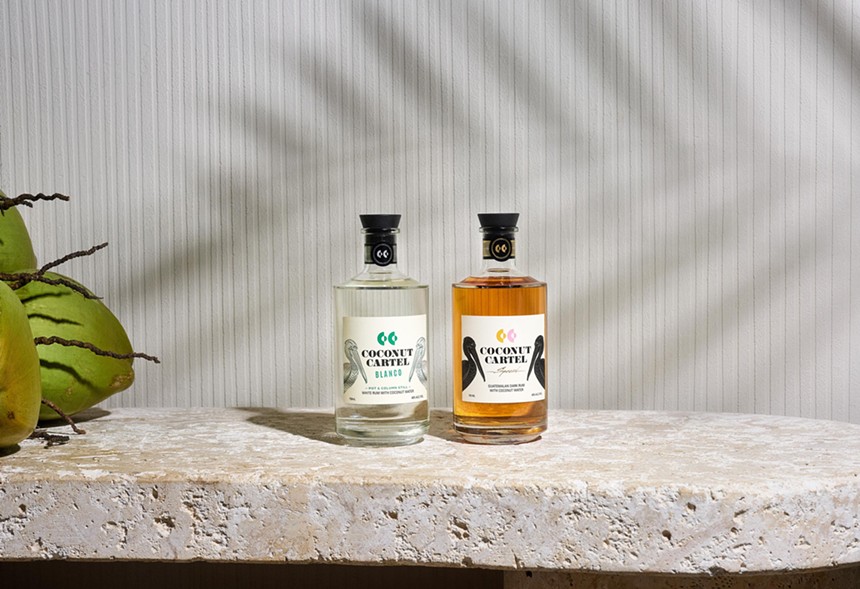
Dani says each distillery has its own style, so you take a trip with every sip, tasting the different styles of rum across Latin America.
Coconut Cartel photo
The brand works with different distilleries in Latin America to make the two rums very different. The Coconut Cartel Blanco can be sipped like the añejo, but it shines when used for a cocktail. Dani says some of her favorite drinks to make with this spirit are daiquiris and martinis. On a boat day, she opts for a rum punch, but anything with a citrus base will pair well.
"To me, rum is the spirit of Latinos," adds Dani. "In Latin countries, for the most part, we're drinking cane spirits, and I think that there's a necessity to make them more modern. There's a necessity for a brand that is relevant to Latinos here and now. I feel like with Coconut Cartel we are connecting with that generation."
Coconut Cartel's sibling duo continues to make waves in the rum industry, aiming to make rum the next big spirit among the new and older generations of Latinos in the Magic City. Coconut Cartel Blanco is available now.


